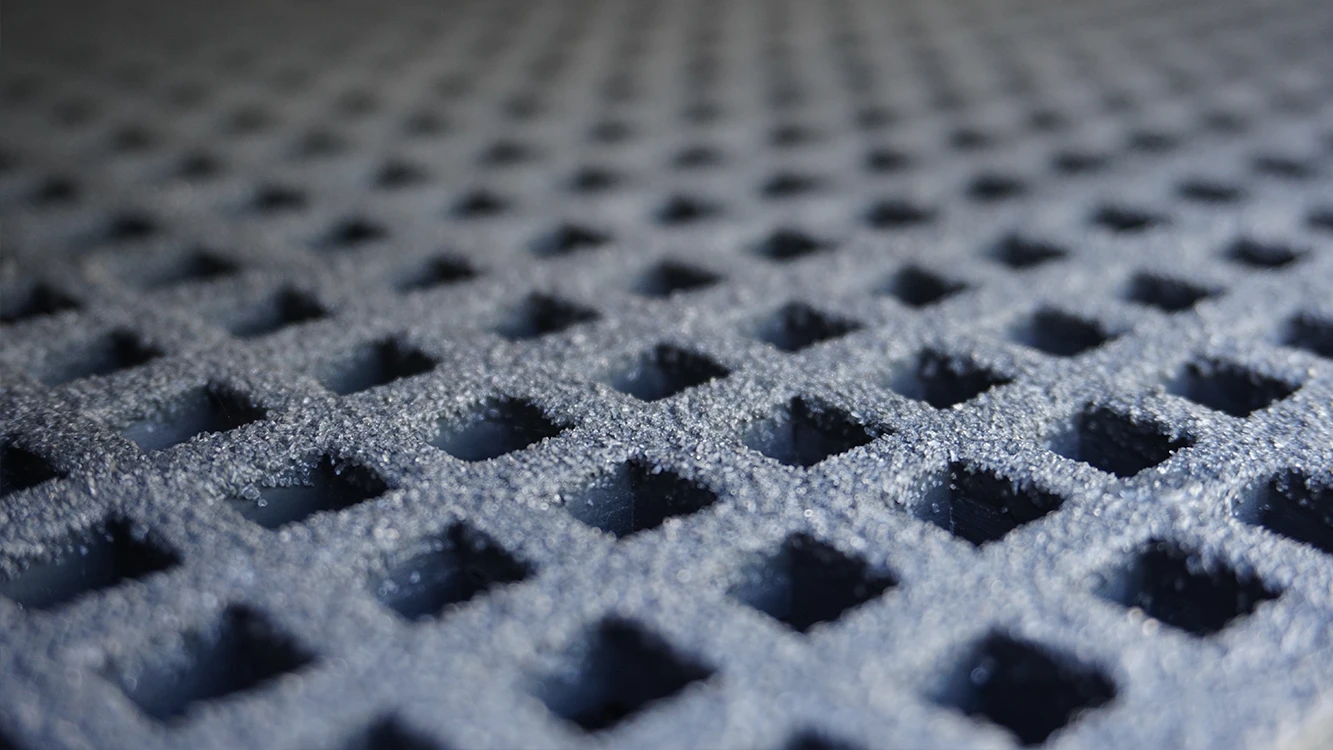Dura Composites fibreglass d² Dura Grating achieved an incredible score of 62 in the wet, (against the low slip threshold of just 36), making it ideal for almost all flooring conditions.
Did you know that every year around 10,000 people suffer a major slip or trip injury whilst at work? Sadly around 90% of these falls result in broken bones, and in fact, slips and trips account for a third of all major injuries and cost employers more than 500 million pounds a year.
What to consider when choosing a flooring material:
When thinking about what flooring to use, you need to first consider where the floor will be fitted, the amount of anticipated pedestrian usage and what type of activity or working practices will be undertaken on it. Think about likely spillages and contaminants that might come into contact with the flooring, and how quickly and easily these can be cleaned up.
Once you have narrowed your choices based on these criteria, it’s important to make sure your chosen flooring has undergone stringent slip testing in accordance with British Standards. The most widely accepted method of measuring slip (and which Dura Composites has invested heavily in testing across its Dura Platform, Dura Grating, Dura Slab and Dura Tread Glass Reinforced Polymer or fibreglass flooring ranges) is the Pendulum Test.




